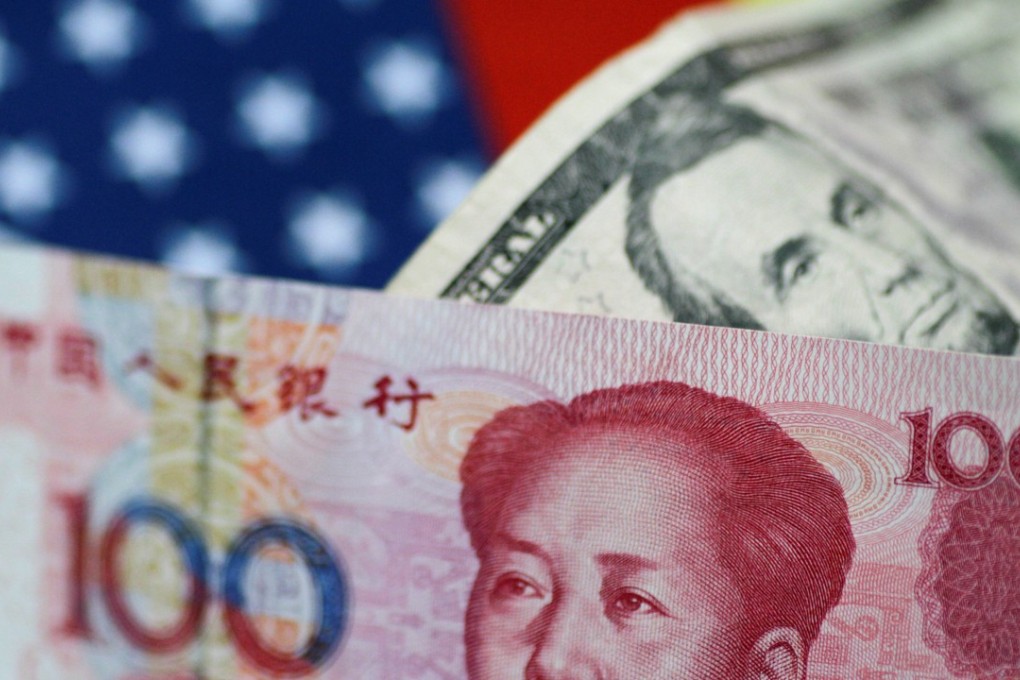New tax break makes it more attractive for Chinese companies to repatriate overseas profits
Beijing seeks global competitive edge with measures that encourage repatriation of profits by domestic companies and foreign firms to keep earnings in the country

China’s finance ministry and the country’s top tax body announced late on Tuesday that domestic companies repatriating overseas profits would be allowed more leeway to deduct taxes paid abroad from their taxable incomes.
On December 28, Beijing temporarily exempted foreign investors from being taxed on profits from Chinese investments provided these proceeds were reinvested in industries high on the government’s priority list.
The new measure, effectively Beijing’s second tax break in a week, puts in place a system that encourages foreign funds to remain in the country and makes repatriation attractive for Chinese companies.
“The two steps mean China has gone all out to strengthen its tax competitiveness in the global arena,” said Andrew Choy, the international tax leader for Greater China at EY.
“The latest notice comes as such an important step that it completes a tax regime that encourages Chinese capital to repatriate home, on top of the tax break that discourages foreign capital to flow out of the country.”
Both tax breaks have been made effective retrospectively from January 1, 2017, as ministries implement policies stipulated by China’s State Council in its August guidance, which sets the direction for the country’s tax code.